The objective of this paper is to explore issues related to incentives and regulation in providing energy access to the poor and women. The market oriented reform that began in 1990s, promising the end of all problems of the sector, has by and large bypassed the poor. Many countries have initiated direct programmes to increase energy access to the poor, bringing many long buried issues (like mainstreaming stand-alone systems, reviving efficient cook stoves, gender equity and women’s empowerment in the energy sector, increasing investment in household electrification etc.) back to the centre stage. While it is clear that incentives are critical to promote energy access to the poor, there is the realisation that clear policies and strong regulatory systems are essential to ensure the effective implementation of such programmes.
It is in this background that we are discussing the issue of energy services to the poor and women. Section 2 gives an overview of the issues of energy access and concludes by raising some questions on how to address them. Section 3 gives the policy and institutional framework. Though the specific details are from the Indian context, it helps to locate the poor, gender sensitive policy initiative in any developing country. Section 4 is on regulatory opportunities and challenges. It presents regulation as a new institution of governance with a potential to push the pro-poor, pro-women agenda. In the electricity sector, this potential exists where electricity access for the majority of the population is from grid and in areas where stand-alone systems operate. Thinking beyond regulation,
the final section brings out a few recommendations towards democratisation of governance.
Document
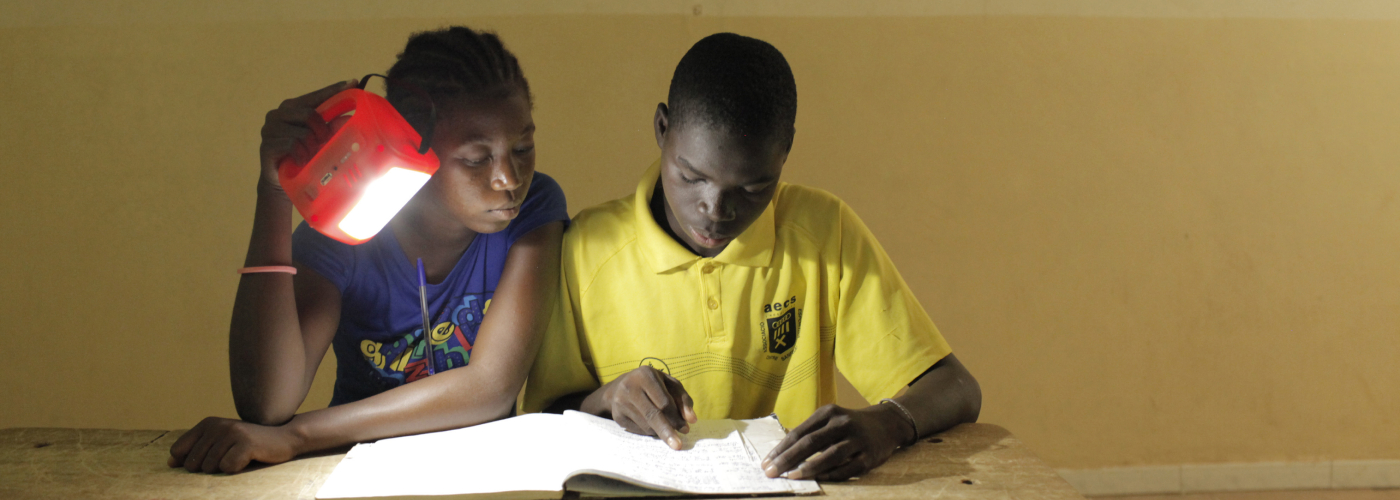 ?>
?>





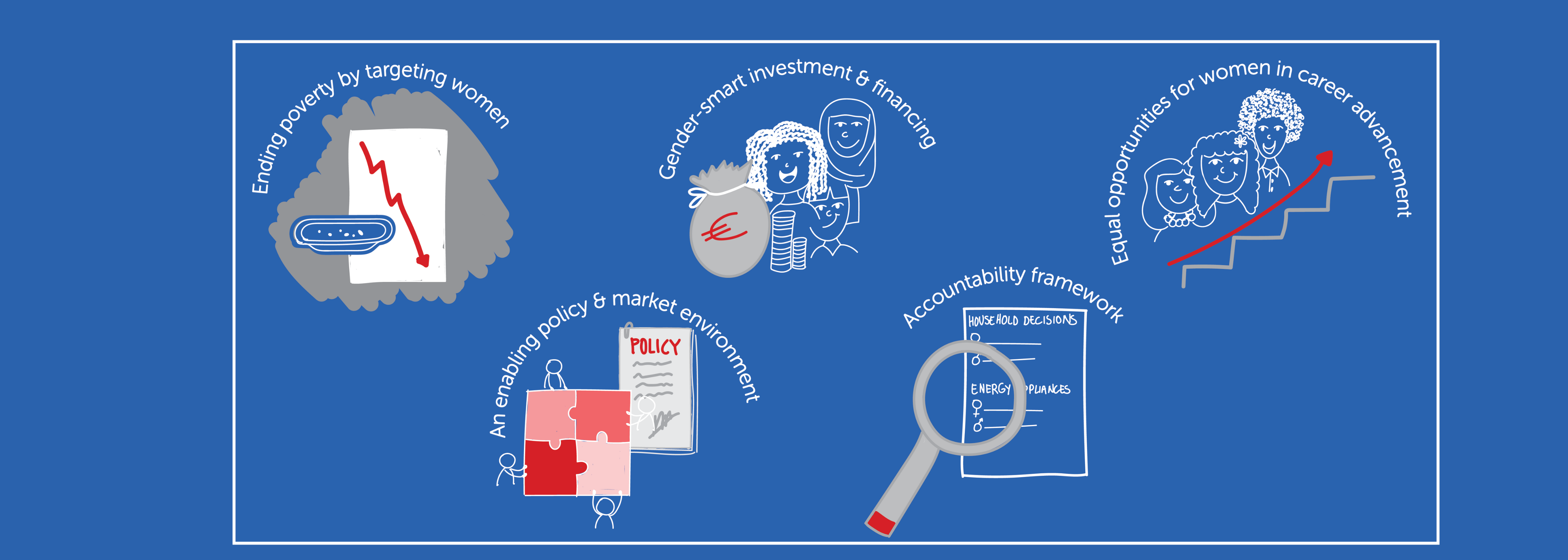
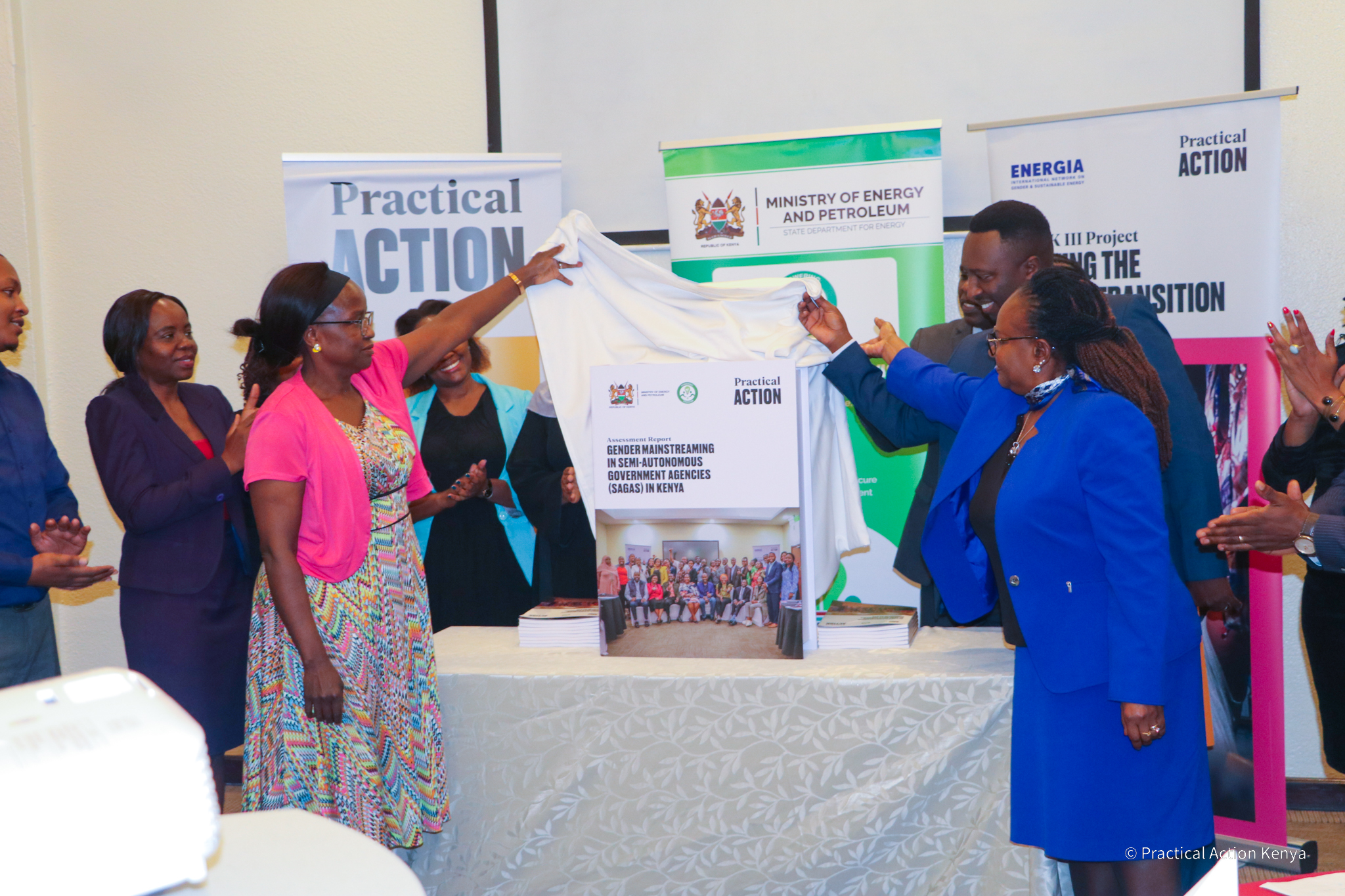
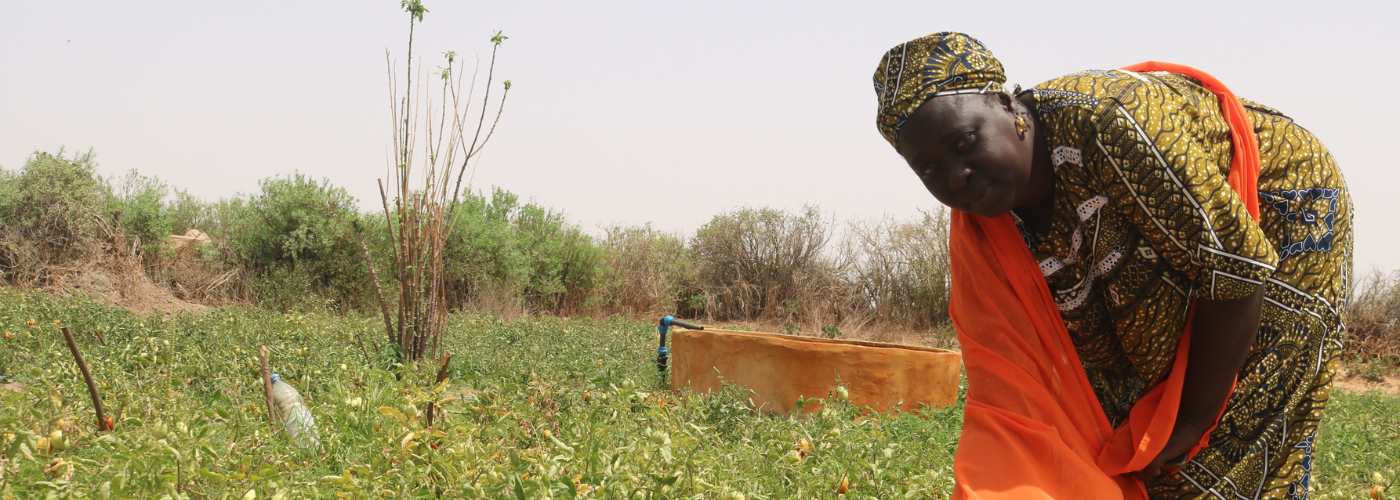
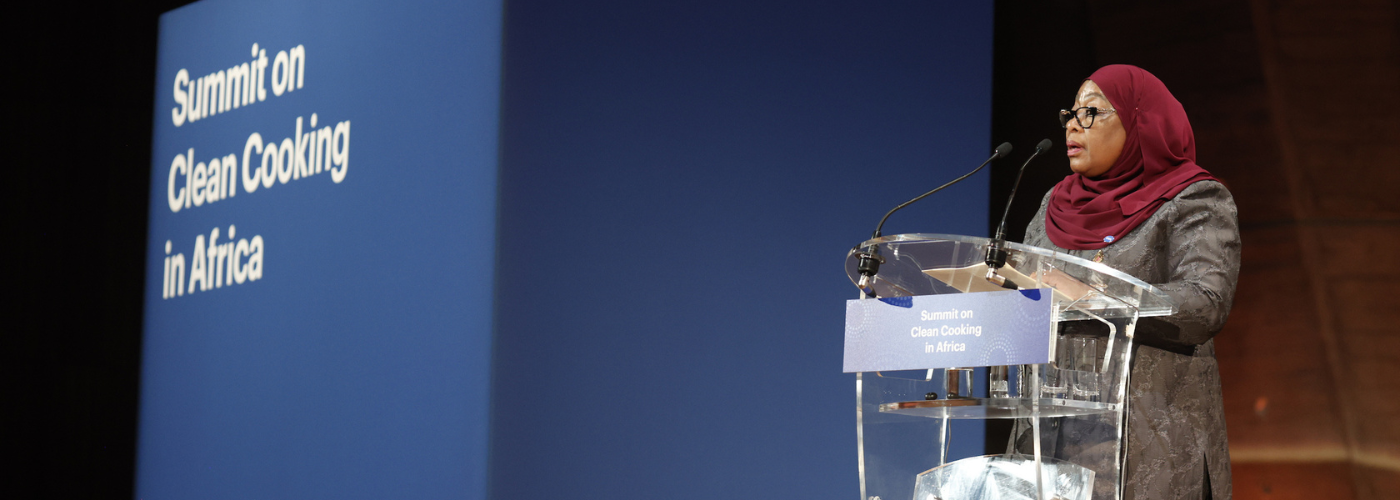
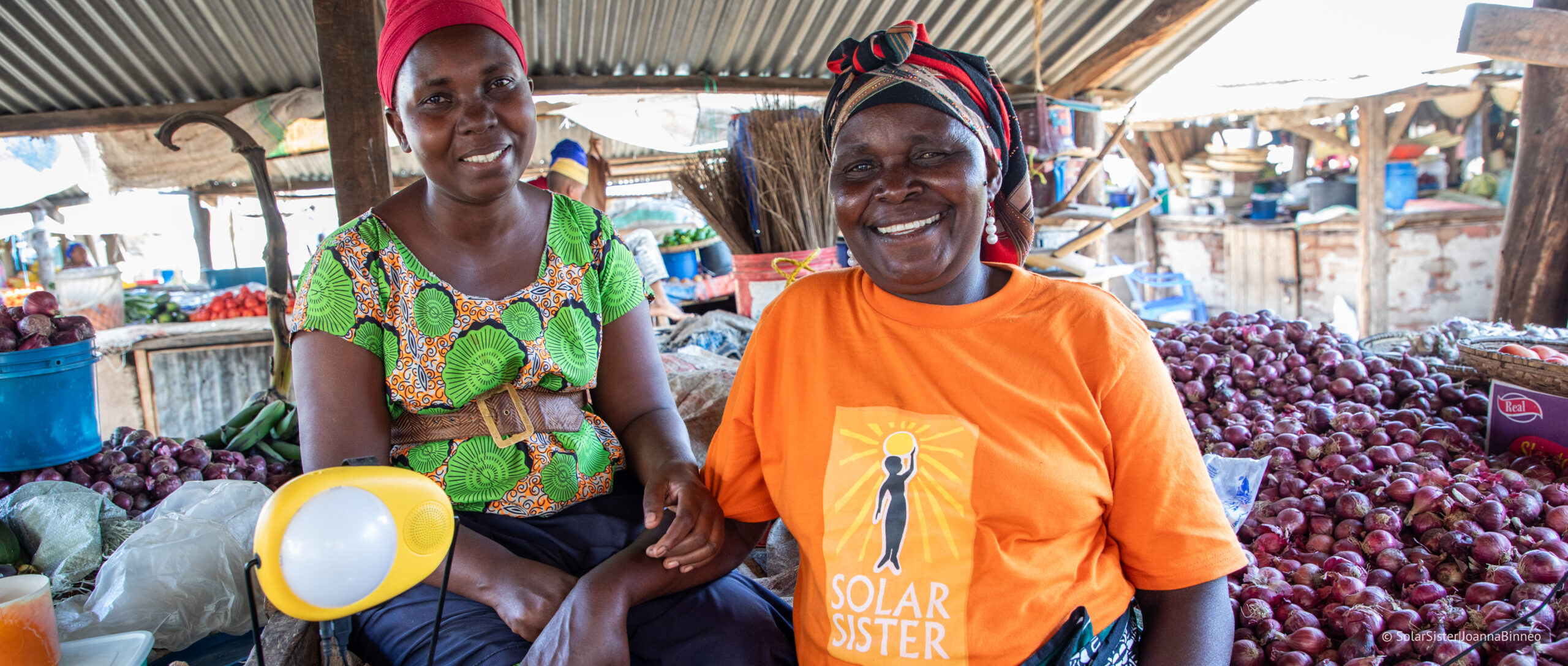
Follow us on: